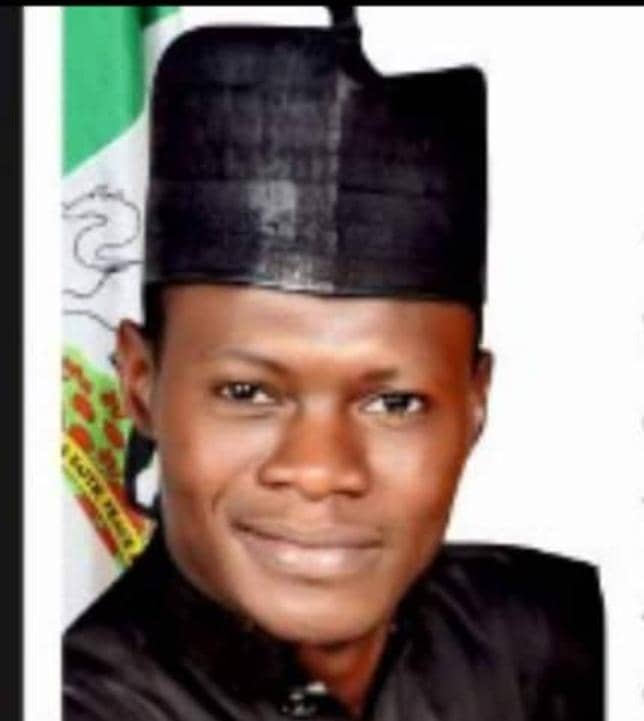The Unspeakable Reality of Nigeria, by Usman Yusuf Dole
Never enter a partnership without clearly identifying your goals.
The coup of January 15, 1966, which claimed the lives of prominent Northern leaders, marked a significant turning point in Nigerian politics for Igbo-Hausa ties. Combined with the religious and cultural differences that followed, the event severed political chemistry between the Igbo and the North.
This disconnection is why many Igbo people still dream of a Biafra Republic.
The Igbo also lost their political connection with the Yoruba, largely due to cultural and religious differences, as well as the Yoruba people’s reputation for being strategic, educated, and resourceful in the own way.
Since 1999, however, the Hausa and Yoruba have managed to maintain a political alliance. It was the same Hausa political elite who backed Olusegun Obasanjo’s presidency to ensure national stability and balance during a delicate period for Nigeria.
READ ALSO: The Port Harcourt Refinery: Mere anticipation in a state of limbo, by Usman Yusuf Dole
In 2015, when President Goodluck Jonathan, neither Hausa nor Yoruba, sought re-election, both the North and the Southwest united against him. He ultimately conceded defeat to Muhammadu Buhari, a Northerner.
Under Buhari’s leadership, the Hausa-Yoruba alliance remained strong. For eight years, Buhari ruled the country with a Yoruba vice president. This partnership carried over into the 2023 elections, with a Yoruba president, Bola Ahmed Tinubu, and a Northern vice president forming the so-called “MM ticket” (Muslim-Muslim ticket).
Here’s the interesting part: despite the seeming political chemistry between these regions, the benefits have not been evenly distributed. While mutual interests drive these alliances, it is often the North that suffers from its own internal shortcomings.
Take, for instance, the eight years of Buhari’s administration. While there were numerous appointments for Northerners, there was little to show in terms of transformative development or impactful legacies in the North. Contrast this with Tinubu’s administration: within two years, projects like the Lagos-Ibadan expressway have been completed, reflecting a clear focus on solving problems and delivering results. Meanwhile, during Buhari’s tenure, even the critical Kaduna-Abuja highway remained incomplete and important projects.
Whenever things don’t go our way, we in the North are quick to resort to blame games. Yet, the Yoruba have shown a different approach. They recognize their challenges, strategize effectively, and seek mutual benefits that align with their long-term interests.
The North, with its significant population and resources, remains stuck in a cycle of power bargaining. This obsession with political appointments, rather than addressing core developmental challenges, continues to hinder progress.
As long as Nigeria remains one nation, this alliance between the North and the Southwest will persist, driven by mutual benefits. However, if the North remains fixated on power and appointments without addressing the region’s real issues, it will continue to lag behind, trapped in a blame game of its own making
Follow the Neptune Prime channel on WhatsApp:
Do you have breaking news, interview request, opinion, suggestion, or want your event covered? Email us at neptuneprime2233@gmail.com





